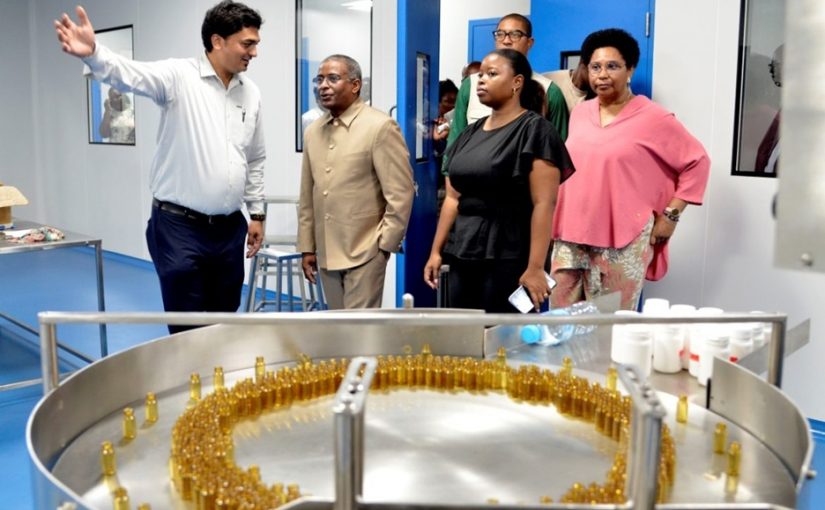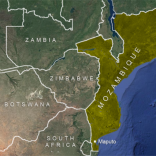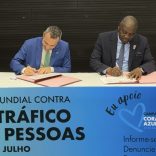Mozambique: Health professionals must be vigilant
Mozambique: Manufacturing of vaccines, large volume parenterals begins this year – Notícias

Photo: Notícias
Mozambique will begin producing vaccines and large volume parenterals (LVPs) this year, ensuring their timely availability in the National Health Service (NHS) for the prevention of diseases, especially tuberculosis and polio, and minimizing the import especially of serums, products which were manufactured in Mozambique.
To this end, two more production lines are being installed at the Pharmaceutical Industry (INFARMA) facility in Matola, Maputo province – one for vaccines and the other for large-volume injectables.
The Minister of Health, Ussene Isse, visited INFARMA and the National Medicines Factory (FNM) on Wednesday to check aspects related to production, storage and distribution with a view to ensuring that Mozambique does not run out of medicines. In comments made during his visit, he recalled that this is one of this government’s priorities.
“Our policy, as a government, is to stimulate local industry to reduce external dependence, especially in the area of medicines. With this visit, I came to the conclusion that we are in a position to solve the main health problems of the people, because I found production lines that respond to the profile of diseases in Mozambique,” Minister Isse said.
The minister noted that the authorities need to commit to controlling the warehouses and the entire distribution chain so that there is no shortage of medicines even in the peripheral areas.
In turn, the chairman of the board of directors of INFARMA, Evaristo Madime, pointed out that the country has almost completed the implementation of the serum production unit, and will stop importing them this year.
“The IV fluids factory will have the capacity to produce 16 million units, while the country consumes half of that. This way, there will be room to export to neighbouring countries,” Madime explained.
He said that FNM and INFARMA produce more than one hundred types of medicines for use against the country’s main diseases, supplying more than one billion pharmaceutical units to the NHS every year.
FNM is certified by the World Health Organization (WHO), and is one of four pre-qualified factories in sub-Saharan Africa which are allowed to export medicines.












Leave a Reply
Be the First to Comment!
You must be logged in to post a comment.
You must be logged in to post a comment.